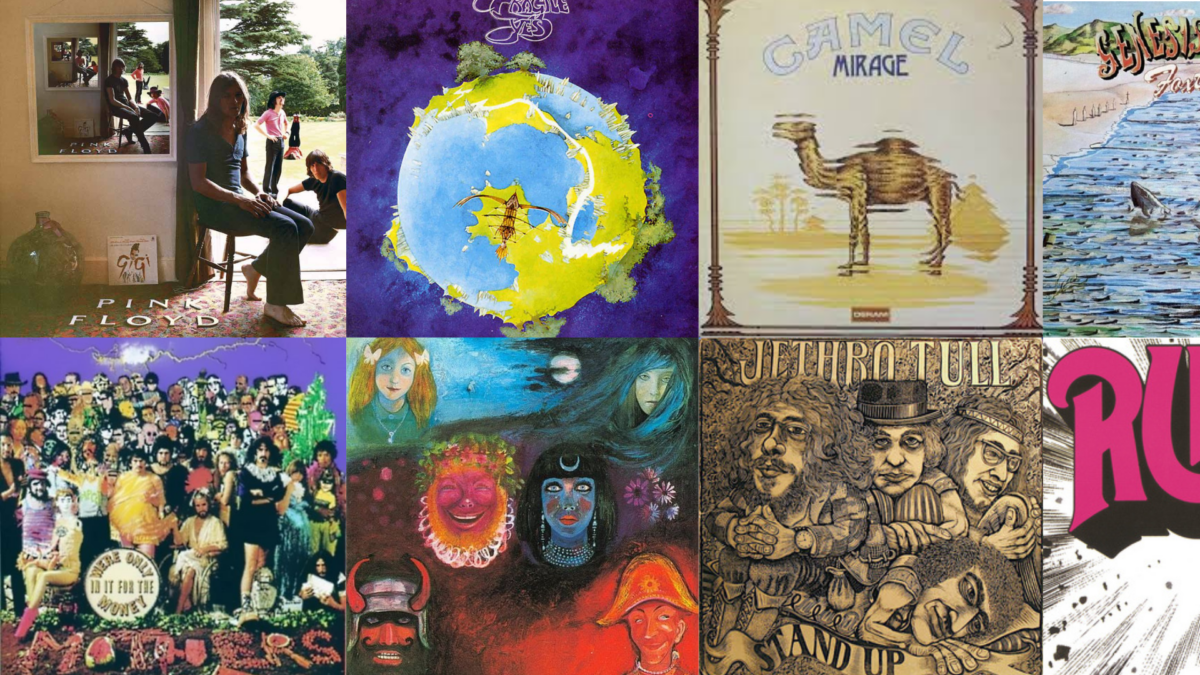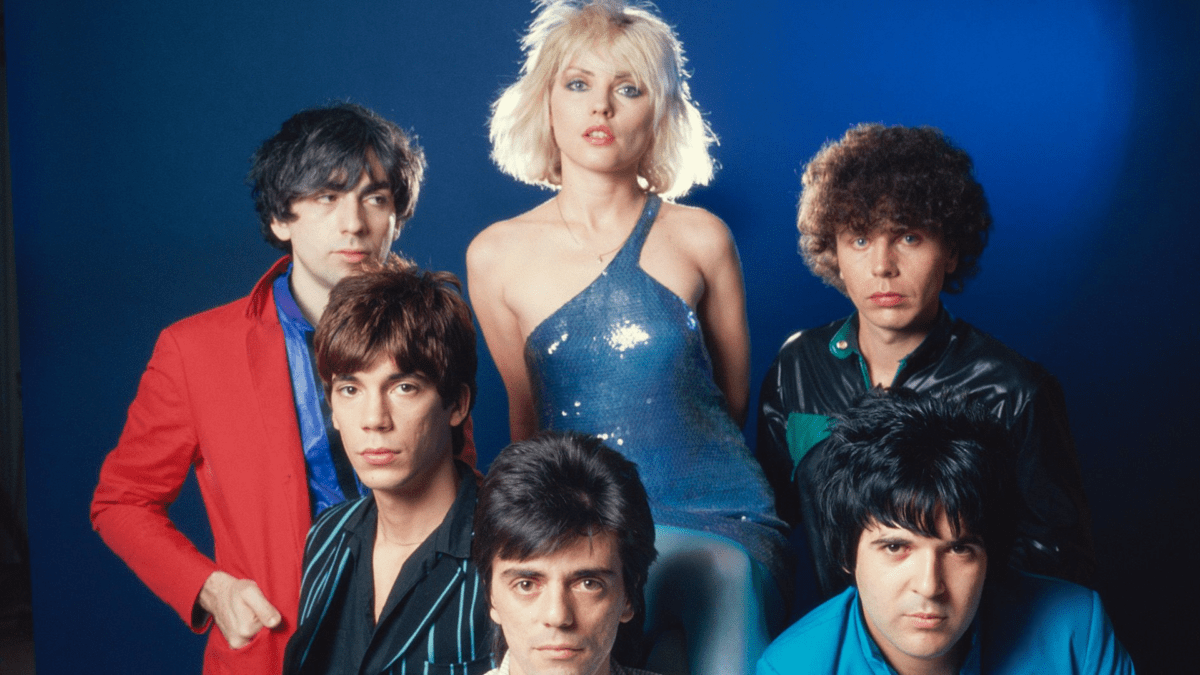As Spotify introduces new policies to help support artists who are most dependent on streaming revenues, we take a deep dive into what this means for you and how Music Gateway can support you through these changes.
“We’re strong supporters of the changes Spotify are making and are happy to comply with the new procedures being put in place. We have always believed in empowering the independent music market by helping artists reach their goals organically, fairly and with integrity. With these new changes, we’re looking forward to teaming up with Spotify and the MFFA to clamp down on royalty manipulation, creating a fairer space for everyone.”
Leila Rouse-Bonnett, Business Liaison Manager, Music Gateway.

As Spotify payouts to the music industry rise to over $40 billion, Spotify is shifting their focus to ensure that money is going to “the people the platform is designed to enable: emerging and professional artists.”
In a new article posted by Spotify For Artists, Spotify outlines that there are three things that are ‘draining’ the royalty pool:
- Artificial Streaming
- Payments Lost in the System
- Gaming the System with Noise
Working in close collaboration with their industry partners such as distributors, labels, artists and their teams, Spotify is outlining new measures they’re putting in place to:
“(1) further deter artificial streaming, (2) better distribute small payments that aren’t reaching artists, and (3) rein in those attempting to game the system with noise.”
They go on to explain:
“While each of these issues only impacts a small percentage of total streams, addressing them now means that we can drive approximately an additional $1 billion in revenue toward emerging and professional artists over the next five years.”
So, let’s take a look into each of the three areas, what they mean for artists and what we can do to complement the changes Spotify are making.
Artificial Streaming
Despite Spotify’s crackdown on artificial streaming (if you’re not aware of what artificial streaming is, we suggest checking out this article) there is still a huge amount of fraudulent activity happening on profiles across the globe. There are many reasons artificial streaming is an issue such as negatively impacting Spotify’s algorithm, however, one area that is greatly affected is the amount of royalties paid out for these streams, which in turn is stealing revenue from artists who are working hard to organically grow their fan base.
What changes are being made?
Starting next year, Spotify will begin fining labels and distributors for every track that has artificial streaming detected. Earlier this year, Spotify rolled out new and improved artificial streaming detection technology allowing them to tighten their cramp down on stream manipulation. This is also in conjunction with the establishment of the newly formed Music Fights Fraud Alliance which Spotify and other leading distributors, DSPs and publishers have recently become members of.
Spotify believes:
“This will meaningfully deter labels and distributors from continuing to distribute the music of known bad actors that attempt to divert money from honest, hardworking artists. These charges will support our continued efforts to keep the industry and platform free of artificial activity.”
If you’re looking to grow your streams on Spotify organically, we pride ourselves on helping artists gain real exposure and expand their listeners through our promotional services across playlisting and digital marketing.
How can I promote my music organically?
As both an Official Spotify Preferred Partner and advocate of the artificial streams crackdown, we take the authenticity of the services we provide very seriously and thoroughly vet every playlist we work with and only collaborate with trusted curators to ensure every stream comes from a real listener.
Speak to an A&R about organic promotion here.
Payments Lost in the System
Spotify boasts well over 100 million tracks, with approximately 60,000 new tracks uploaded every day. However, of all these tracks there are tens of millions that have been streamed less than 1,000 times over the past year and, on average, generating $0.03 per month.
When you factor in the minimum withdrawal amount most labels & distributors use (usually $2-$50 per withdrawal) as well as bank fees for the transaction (usually $1-$20 per withdrawal), in a lot of cases, this money never reaches the artist.
Spotify claims “these small disregarded payments have added up to $40 million per year, which could instead increase the payments to artists who are most dependent on streaming revenue.”
What changes are being made?
Starting next year, tracks must have reached at least 1,000 streams in the previous 12 months in order to generate recorded royalties.
This model has not been designed to deepen the pockets of Spotify and there will be no changes to the size of the royalty pool from which artists are paid. Spotify will simply use the large chunk of money they’re saving by not paying out $0.03 payments, to increase the royalty pool, meaning better payouts for artists above the <1000 threshold.
Spotify shared that “99.5% of all streams are of tracks that have at least 1,000 annual streams, and each of those tracks will earn more under this policy.”
For more details on this policy, check out the Spotify for Artists help centre here.
How can I get my tracks over the threshold?
We understand that as an up-and-coming artist, getting your tracks to reach the 1000 stream threshold can be difficult, that’s why we’ve worked hard to perfect our strategy across our Spotify promotion campaigns – leaving you to focus on creating great music.
Speak to an A&R about promoting your music here.
Gaming the System with Noise
In recent years there has been a spike in, “functional” genres such as white noise, ocean sounds, ASMR, and so on. Tracks like this are often used as background noise, whilst users are sleeping, working or studying. Spotify’s issue with this is when the system is “exploited by bad actors who cut their tracks artificially short — with no artistic merit — in order to maximise royalty-bearing streams.”
The typical song is 2-3 minutes long, what some fraudsters are doing is shortening functional tracks to be around 30 seconds long and placing them together in a playlist where listeners won’t notice, causing larger payouts from the royalty pool.
What changes are being made?
Spotify will be increasing the minimum track length of functional noise recordings to two minutes, in order to be eligible to generate royalties from 2024. They are outlining functional tracks as: white noise, nature sounds, machine noises, sound effects, non-spoken ASMR, and silence recordings.
Spotify explains the thought process in these actions, stating that:
“These tracks will make a fraction of what they were previously earning (because two minutes of listening to noise recordings would generate one royalty-bearing stream not four), freeing up that extra money to go back into the royalty pool for honest hard-working artists.”
Currently, music streams are valued the same as functional noise streams, Spotify is also looking to work with licensors to value noise streams at a lesser amount than the value of music streams.
I make functional tracks, how can I promote them?
If you’re an artist creating functional tracks, we can help ensure your work is placed in suitable organic playlists to help you grow your streams without having to compromise the length of your music to under two minutes.
Click here to speak to an A&R about promoting your tracks.
To conclude:
“We wholeheartedly support and agree with the recent changes made by Spotify to crack down on artificial streaming and other behaviours which have had detrimental effects on artist revenue streams. We look forward to working with Spotify on these changes and helping educate artists on best practices for their music releases.” Sophie Small-Smith, Chief Operating Officer, Music Gateway.









